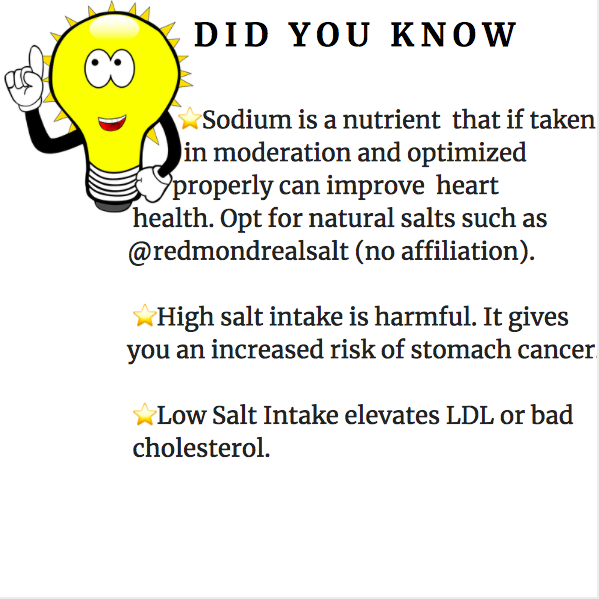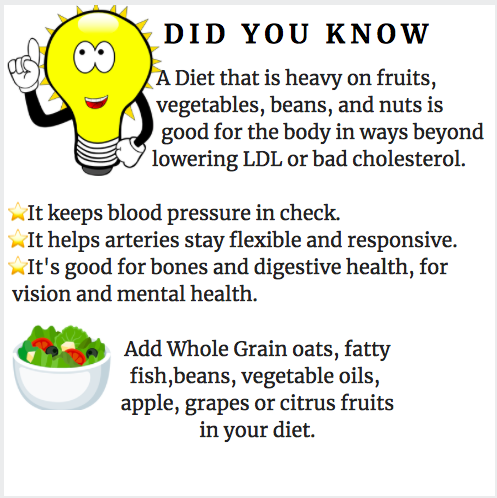30 Jul Staying Healthy Matters
Points to Ponder before I discuss the overtly discussed ‘Stay Healthy’ yet hardly put into practice by people who think they have been and are generally healthy and that getting sick and tired are just signs of aging.
⭐ So much of what we believe to be true about nutrition and health comes from marketing rather than science or research itself. It’s actually quite astonishing how these marketing techniques attract reader’s attention.
⭐This blog series is Health and Fitness is all about simplified and practical real-world thoughts that’s done with research from reputable sources (i.e. https://www.health.harvard.edu ).
⭐Maintaining good health doesn’t happen by accident. It requires work, smart lifestyle choices, and the occasional checkup and test.
Discussing about 'How to stay Healthy' is a long arduous process, with science propagating notions that are conflicting with each other. There are a lot of factors to be considered as well and a lot of other variables to be looked upon. Health tips are situational and are case to case basis. Thus with these considerations in mind, here's my take on how to stay healthy.
Here's a checklist:
✅Eat plenty of fruits, vegetables, whole grains
✅Get at least 30 minutes of exercise most days of the week
✅Get enough sleep
✅Wash your hands
✅Keep your weight healthy
✅Manage your stress
✅Get the nutrients you need
A healthy diet is rich in fiber, whole grains, fresh fruits and vegetables, "good" or unsaturated fats, and omega-3 fatty acids. These dietary components turn down inflammation, which can damage tissue, joints, artery walls, and organs. Going easy on processed foods is another element of healthy eating. Sweets, foods made with highly refined grains, and sugar-sweetened beverages can cause spikes in blood sugar that can lead to early hunger. High blood sugar is linked to the development of diabetes, obesity, heart disease, and even dementia.
The public has been made to panic over specific nutrients and ingredients in our foods. There's this so called "nutritionism" that has led to the low-fat diet, or the salt-is-evil scare, and the eggs-cause-heart-disease panic, all of which have been largely refuted (with special cases excepted.) Nutritionism is complicated, contradicting, and ever-changing. For someone who is generally healthy, here's a piece of advice, keep everything in moderation and opt for natural foods. For starters, grow your own vegetable to avoid eating vegetables with pesticides.
Let's start with DIET
The Mediterranean Diet meets all of the criteria for good health, and there is convincing evidence that it is effective at warding off a heart attack, stroke, and premature death. The diet is rich in olive oil, fruits, vegetables, nuts, and fish; low in red meats or processed meats, and includes a moderate amount of cheese and wine.


Here's a gentle reminder:
We as consumers, should not just read about dietary "recommendations" that are coming from different bodies. We should examine with a critical, research-oriented eye the dietary tips and recommendations. According to Dr. Willett from health.harvard.edu, [we should also] ask, "Who paid for this?"


This short reminder might help you to re-evaluate your dietary regimen. Learn more about how to stay healthy.
Now Is
The
Time To
👇🏽👇🏽👇🏽



No Comments